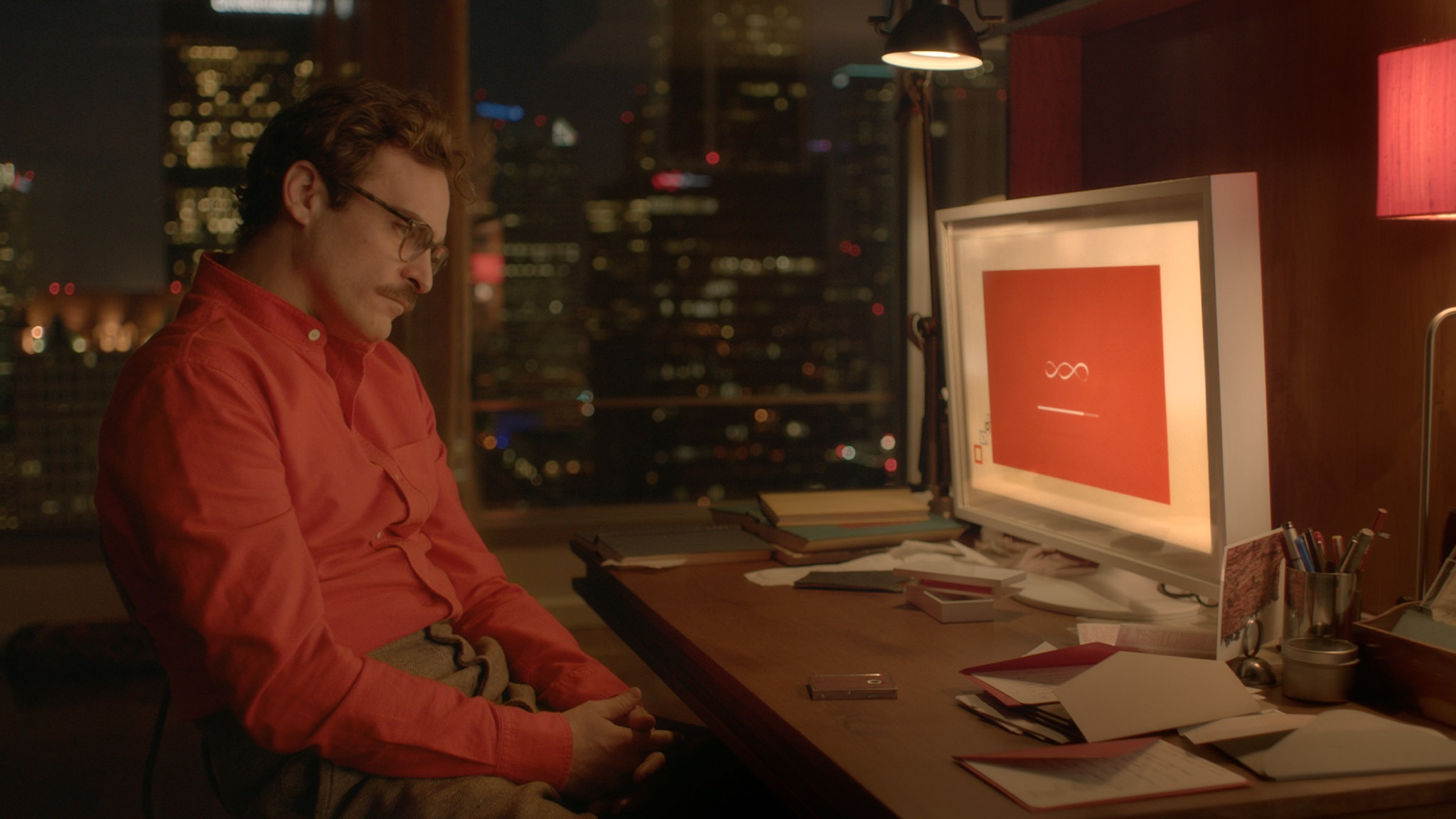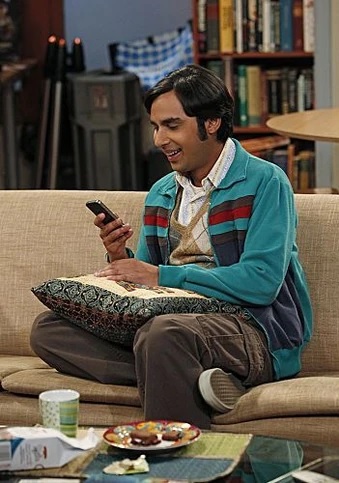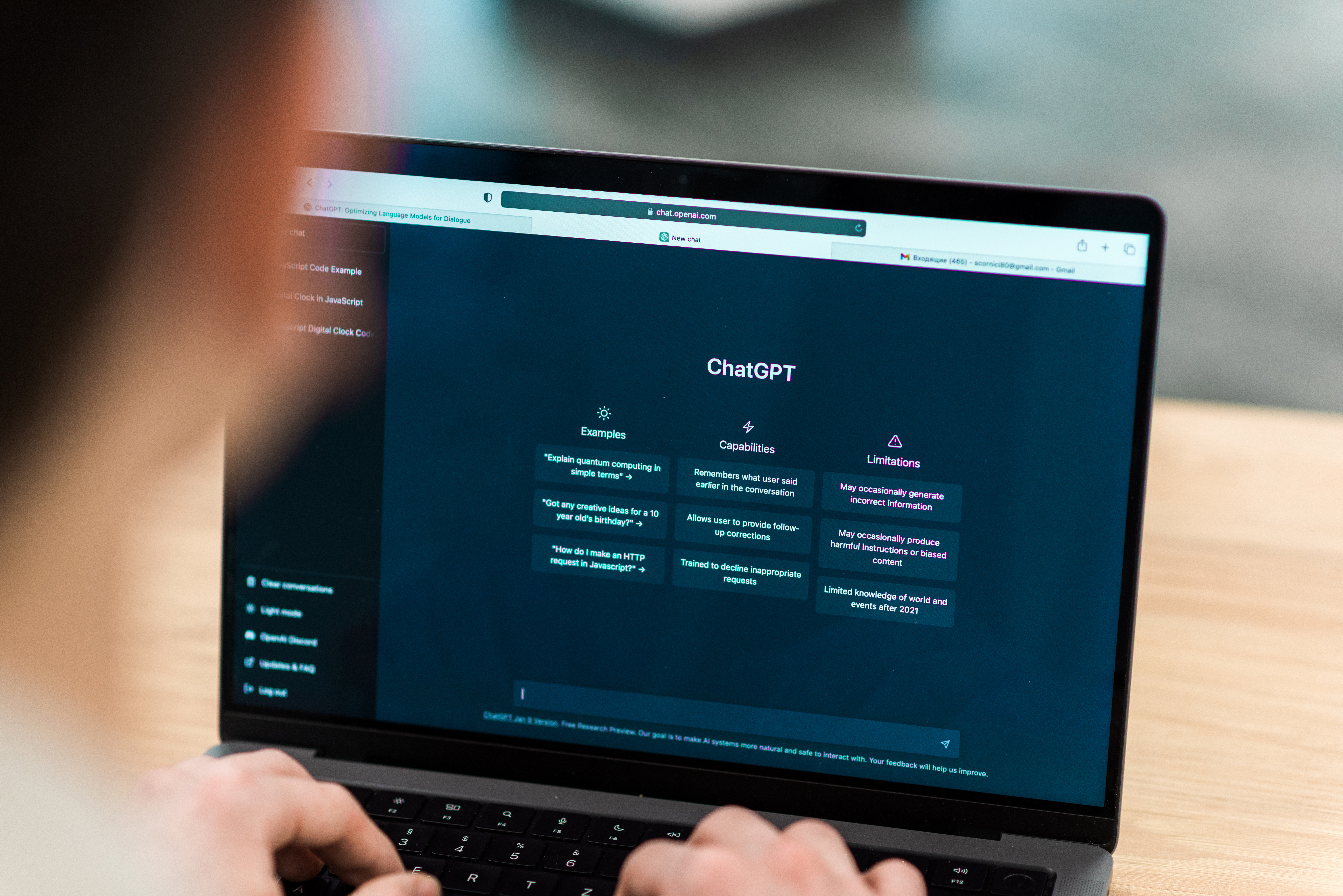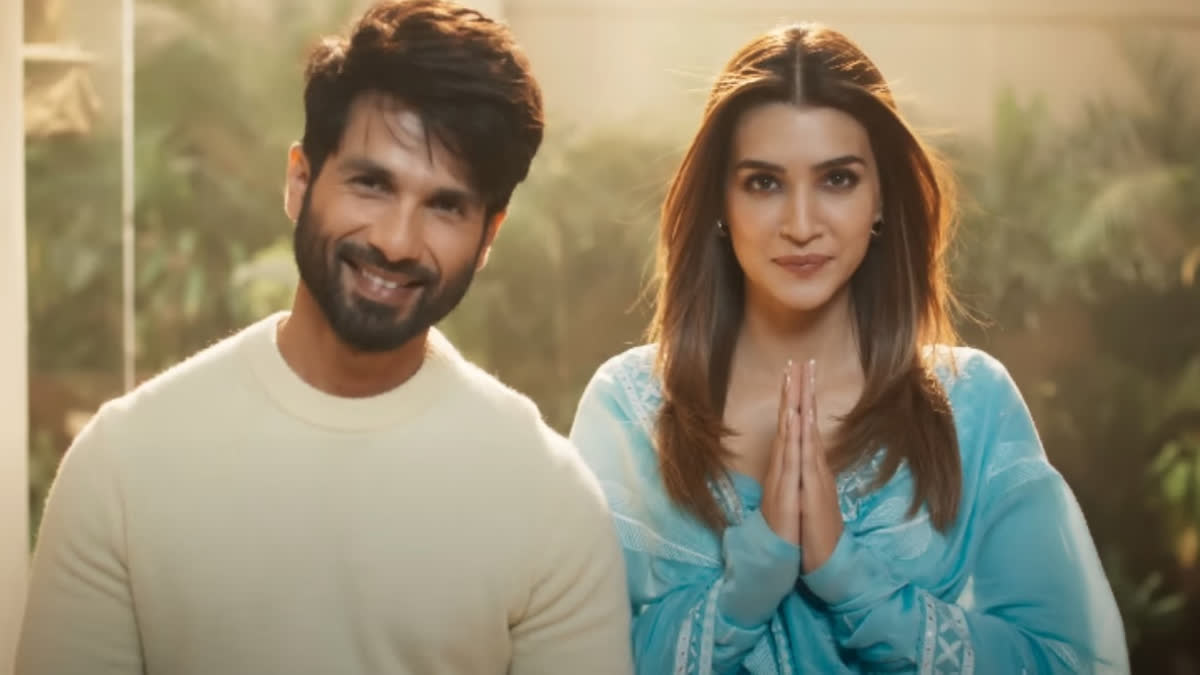If you’ve seen the movie Her, where a man falls for his computer's voice, or Teri Baaton Mein Aisa Uljha Jiya, with a similar story about love with AI, you’ll know how technology can deeply impact lives. In a way, Artificial Intelligence (AI) is evolving at lightning speed, and its latest upgrade is a superpower—visual understanding. ChatGPT can now "see." Thanks to OpenAI's latest release, GPT 4.0, users can now have even richer interactions with AI. On Thursday, OpenAI beefed up its ChatGPT generative AI chatbot with search engine capabilities, taking over Google's decades-long web search dominance. This is much like our smartphones getting software updates, ChatGPT has evolved to offer a more advanced experience. But what is ChatGPT?
Talk to the 'Bot':
ChatGPT is a conversational AI tool that can write essays, answer questions, solve math, help with exams, and even offer legal advice. Developed by OpenAI, it allows users to chat with AI bots that can provide information or just engage in conversation. The new version, ChatGPT 4.0, takes this to the next level. It now can analyze images and respond to them, describing anything from a photo of ingredients to complex visuals. "This feature can assist visually impaired individuals by converting visual information into detailed verbal descriptions," says Alicia Varghese, a research scholar in Bengaluru.

A double-edged sword:
Besides academic and technical assistance, ChatGPT 4.0 is also emerging as a companion, capable of offering emotional support, advice, and conversation. This can be especially helpful for those who feel isolated or lack social interaction, as ChatGPT offers companionship at any time. "It helps people work through their emotions on a judgment-free platform. It offers support when human companions may not be available," says Mansimar Singhal, a corporate employee and AI student in Mumbai.
However, increased reliance on AI for companionship may lead to withdrawal from real-life relationships. Relationship counsellor Sheena Khosla warns, “Over-dependence on ChatGPT could make real-life relationships harder to maintain, leading to emotional isolation. People may find it easier to interact with a machine than face the complexities of human interaction.”
Bonding with machines
Take for instance, one of the most popular American sitcoms, Big Bang Theory introduced AI through Siri in 2012, over a decade before it became popular in the last two years. Raj, an astrophysicist buys a new iPhone, he develops a peculiar relationship with Siri. Contrary to his usual inability to speak to women directly, Raj can address her, as she is a mere voice. Whenever Raj inquires about an activity he wishes to engage in or a destination, she provides suggestions or a list of possible locales. Raj calls her his soulmate! It was then that Sheldon said, "We have taken a great evolutionary leap by abandoning human interactions and allowing yourself to romantically bond with a soulless machine."

Moreover, many women in their late 30s and 40s have started relying on chatbots to share their feelings due to lack of understanding people in their lives. This is serious. However, this is what the future holds – increasing intolerance and lack of human interaction. It seems Sheldon’s words resonate even more in today’s world.
Managing expectations:
AI developers are hopeful ChatGPT will enhance interpersonal relationships by providing helpful insights and conflict resolution tips. "It can improve communication skills, prompting users to reflect on relationships and behaviour," says psychologist Khushi Saharia. However, the convenience of AI interactions may make human relationships seem overly demanding. "Spending excessive time with ChatGPT could detract from real connections, and users might develop unrealistic expectations," says Kreena Joshi, a psychologist from Mumbai.
Khosla advises users to stay mindful, using ChatGPT as a supplementary tool rather than a substitute for human relationships. “Make an effort to engage in real-life social activities and build meaningful connections,” she says. “ChatGPT is a tool for support and learning, not a replacement for genuine connections.”

Who Holds the Power?
With the rapid pace of AI development, the future remains unpredictable. This powerful technology could be used positively or negatively, depending on the intentions behind its use. "The future direction depends on developers' transparency, information sources, and government regulations," says data scientist Dr. Palak Ghoshal. With GPT 4’s advancements, she believes every improvement in AI technology can be a leap for society, but only if carefully managed to avoid unforeseen consequences.
Read More:



